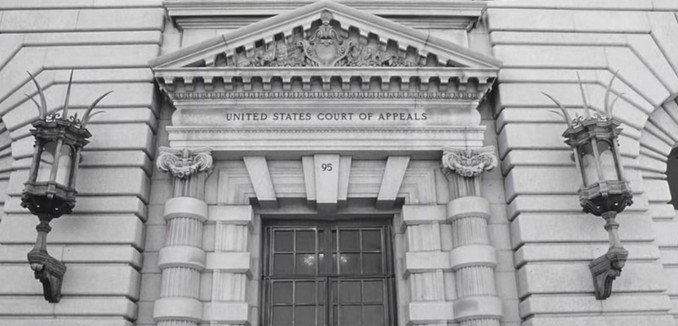A federal appeals court ruled on Friday that victims of Iranian terror could seize $2.8 million in frozen Iranian funds to settle the damages owed to them.
The 9th U.S. Circuit Court of Appeals ruled that the victims could use money from funds that were frozen after Iran’s Islamic Revolution in 1979, which prevented the country from acquiring an air-defense system from an American defense company after it had already paid. The court ruled that the seizure of the award would not violate existing agreements between the United States and Iran that were made to resolve the 1979 hostage crisis.
Among the plaintiffs are survivors of a 1997 suicide bombing in Jerusalem and the son of former Iranian prime minister Shapoir Bakhtiar. A lower court found that Iran had provided training and other assistance to the attackers in the Jerusalem incident. Bakhtiar, who opposed the Islamist regime, was murdered in his home in France in 1991.
Iran has reportedly vowed to appeal the ruling.
The survivors of the suicide bombing were represented by Rhode Island attorney David Strachman and Nitsana Darshan-Leitner, president and co-founder of Shurat Hadin, the Israel Law Center. “This is an historic judgment against Iran,” Darshan-Leitner said in a statement. “While many governments around the world, including the Obama Administration, are competing with each other as to who will give more money to the criminal regime in Tehran, families of terror victims are still fighting to bankrupt this terror state.”
The attack took place in the Ben Yehuda pedestrian mall, killing five people, including three 14-year-old girls, and wounded many more.
“This is a great victory of justice for the families,” said Stuart Hersh, one of the plaintiffs. “I will not be the same person as I was before the attack, when a suicide bomber blew himself up not far from me. But the money that we will receive will enable me to improve my quality of life and receive all the medical treatment that I still need today.”
Another victim of the attack, Daniel Miller, testified before the Senate last year about how the attack still affects him. Miller’s testimony is embedded in the video below.
[Photo: United States Court of Appeals for the Ninth Circuit / YouTube ]




